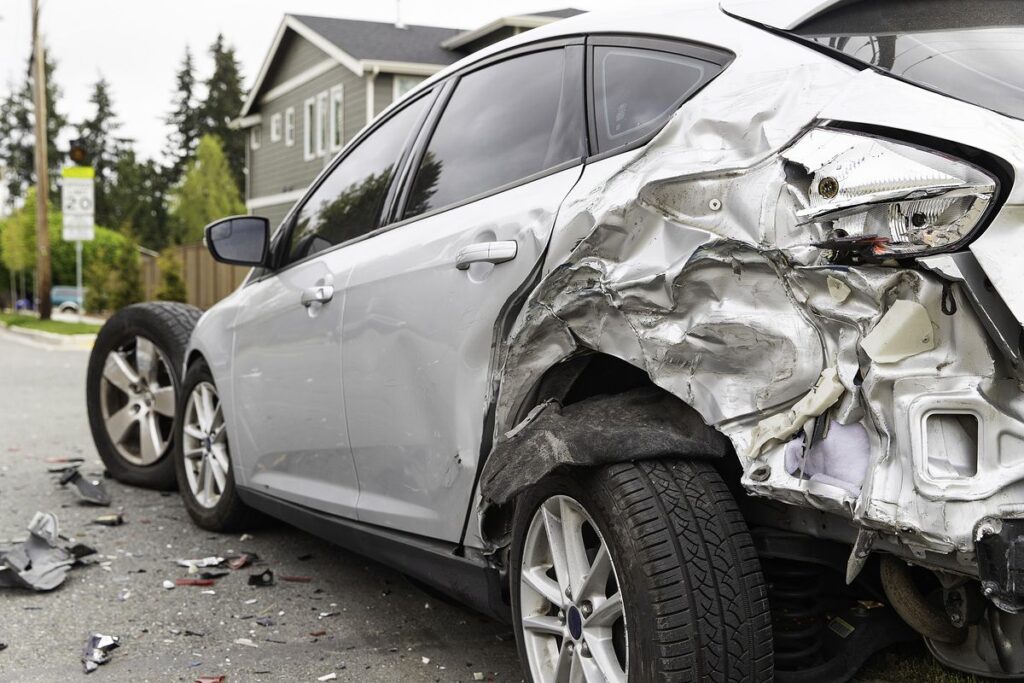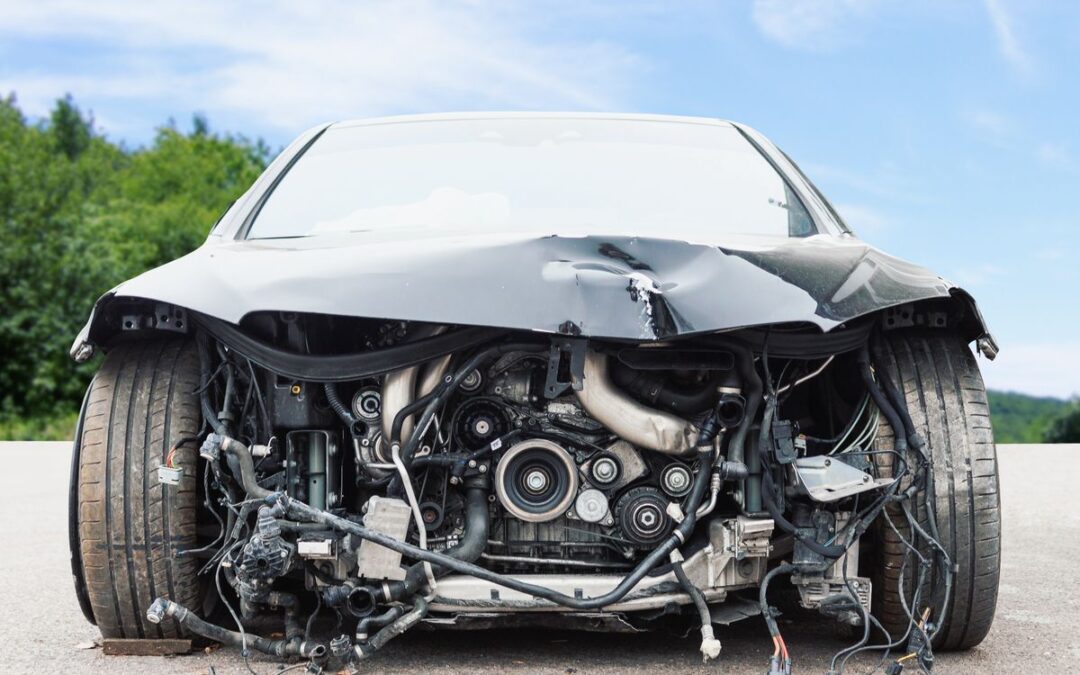Experiencing a car accident can be a traumatic event, and it can become even more stressful if your vehicle is declared a total loss. If you’re in Lilburn, Georgia, and your car is totaled in an accident, it’s crucial to understand the steps you need to take and what to expect from your insurance company. This quick guide will walk you through the process, providing you with the necessary knowledge to navigate this challenging situation. As always, if you are injured in a car accident, contact an expert personal injury attorney like our team at Rebecca Kay Sapp Law Firm.
Understanding a ‘Total Loss’
In insurance terms, a car is considered ‘totaled’ or a ‘total loss’ when the cost of repairing the vehicle exceeds its actual cash value (ACV) or if it’s so severely damaged that it can’t be safely repaired. In Georgia, if the repair costs exceed 75% of the car’s market value, it’s typically declared a total loss.
1. Initial Assessment & Claim
The first step after any accident is to ensure everyone involved is safe and to report the accident to the police. In Lilburn, like the rest of Georgia, you’re required by law to report any accident that results in injury, death, or property damage exceeding $500.
Once everyone’s safety is ensured and the accident is reported, you should contact your insurance company to initiate a claim. They will assign a claims adjuster to assess the damage to your vehicle. This assessment will determine whether your car is repairable or a total loss.
2. Determining the Actual Cash Value (ACV)
If your car is declared a total loss, the insurance company will calculate its actual cash value. The ACV is the market value of your vehicle just before the accident, considering factors like its age, mileage, condition, and resale value. The insurance company typically uses industry software, local market surveys, and other tools to determine this value.
3. Payout Process
Once the ACV is determined, the insurance company will offer you a settlement based on this value, minus your deductible if you’re at fault. If you own your car outright, the payment will be made directly to you. If you’re still paying off a car loan, the insurer will pay the lender first, and any remaining funds will be given to you. Note, the ACV may not cover the outstanding loan. This means you’ll be responsible for paying the difference unless you have gap insurance.
4. Keeping or Releasing the Totaled Vehicle
In Georgia, you have the option to keep your totaled vehicle and accept a lower settlement, or you can release it to your insurance company. If you decide to keep it, you might be able to repair it or sell it for parts. However, remember that a car that’s been totaled will have a salvage title, which can significantly reduce its value and make it harder to insure and sell in the future.
5. Buying a Replacement Vehicle
Once the insurance claim is settled, you can use the payout to buy a replacement vehicle. If you had an outstanding loan on the totaled car, you might need to use a portion of the payout to pay off the loan.

The Emotional and Psychological Impact of a Totaled Car
While the financial and logistical aspects of having a car totaled are often discussed, the emotional and psychological impacts can be just as significant. For many, a vehicle is more than just a mode of transportation. It represents freedom, independence, and a host of memories.
Attachment to the Vehicle: Many drivers form a sentimental attachment to their cars, especially if they’ve had them for several years. This bond can make the loss feel personal, akin to losing a cherished possession or even a pet.
Loss of Independence: For those who rely heavily on their vehicles for daily tasks, such as commuting to work or running errands, a totaled car can feel like a loss of independence. The sudden reliance on public transportation, rideshares, or the generosity of friends and family can be a jarring adjustment.
Anxiety and Trauma: The accident that led to the car being totaled can, in itself, be a traumatic event. Even if there were no physical injuries, the shock and fear from the accident can lead to anxiety, nightmares, or even post-traumatic stress disorder (PTSD). Some drivers might feel hesitant or fearful about getting behind the wheel again.
Financial Stress: While insurance might cover the actual cash value of the car, the payout might not be enough to purchase a similar replacement vehicle. This discrepancy can lead to financial stress, especially if there’s still an outstanding loan on the totaled car.
Conclusion
Having your car totaled in an accident in Lilburn can be a stressful experience. However, understanding the process can help you navigate the situation more effectively. Remember to report the accident promptly, cooperate with your insurance company, understand your rights and options, and consult with a professional if needed. While it’s a challenging situation, with the right knowledge and support, you can get through it and get back on the road.

